Mental Health and Syrian Refugees: What Nobody is Talking About #WelcomeToCanada
Mental health matters. What happens to someone who belongs to a community that is already being stigmatized and they have mental health issues? Unfortunately in many cases it leads to further isolation, feelings of rejection and depression. According to the Centre for Addiction and Mental Health (CAMH), one in five Canadians experience a mental health or addiction problem.

There is an influx of Syrian refugees arriving in Canada thanks to our amazing new Prime Minister Justin Trudeau, 25,000 to be exact; the majority of whom are expected to arrive by the end of March 2016. We cannot imagine much of what these families have endured. Most if not all have lost family members; parents, siblings, children, friends. In some instances they have had to watch them being murdered or raped right in front of their eyes. Most of us cannot bear to hear of the atrocities these families (including children) have faced much less imagine experiencing them for ourselves.
My family has been in touch with some of the new families that have arrived in Montreal over the past few weeks. The experience has been humbling to say the least. They are so afraid, so timid, yet so thankful and appreciative of any good that comes their way. They have left everything behind. In most instances they do not know how to speak English or French, they do not know anyone and have to deal with brutally cold temperatures (contrary to the desert heat they are accustomed to). All these factors make them exponentially more susceptible to depression or further exasperate any existing mental health condition.
We recently introduced our children to one of the newly settled Syrian refugee families. They have young boys around the ages of our children. They met one another, and in the wondrous way that children do; they played together sharing games and all the while communicating using the universal language of friendship; a smile. They did not speak each other’s language. They eventually tried teaching each other words and simple expressions by using hand gestures but none of that really mattered to any of them. All that mattered is they found a new friend to play with. Somehow as we grow older, things begin to change. We over complicate things. We see things through politically motivated lenses.
My daughter went to school and as her class was learning about the Syrian refugee crisis, she shared that she had recently met a family that had arrived in Montreal. Her classmates were intrigued. They asked if they spoke English or French; she told them neither. She told them that she communicated using gestures, and trying to use Google Translate on Mommy’s cellphone. She also told her classmates that they have so little that it makes her sad. The boys only have one pair of pyjamas, one pair of school clothes and limited personal belongings. Her fifth grade class, encouraged by their teacher, immediately sprung into action brainstorming ways they could help out. My heart burst with pride and gratitude that my daughter is surrounded by such wonderful children that wanted to join together to help this family they had never met. They recently got the green light from the school principal to collect items to help the new refugees.
These families have to learn to gradually trust once again. It will take them time to feel safe in their surroundings, to trust others and with time, to enter into the folds of our society. The onus of responsibility falls on us. Those who live here, to reach out, to do what we can to help out. There are organizations working tirelessly; many of which are run by volunteers wanting to make a difference.
I absolutely love the #BellLetsTalk campaign. It helps raise awareness, create dialogue and raise money for mental health initiatives in Canada but the question that I want to ask is what happens after January 27th? What happens when everyone stops talking about mental health? What happens to those who will continue to suffer?
I worry for the families who arrive to this foreign country with a small bag of their belongings and the task of learning a new language, new culture and new life. Winters are brutal for so many of us. Imagine being stuck inside of a small apartment afraid to go outside because it’s 30-40 degrees colder than anything you’ve ever experienced before? Imagine sitting inside because you do not speak the language of the locals? Many of the refugees that have arrived recently are very well educated hold multiple degrees and may have had highly lucrative careers back home. Home being the place that was bombed out of recognition, their belongings ransacked, families killed and life savings spent transporting their families to safety.
I worry for these families and their mental health. I worry for the mental health of their young children who have had to witness horrors no child should ever have to witness. They have had to travel on foot for thousands of miles and risk their lives for a chance at a future. The future is now. They have arrived in our backyard. Scratch that, they have arrived on our front porch. It is our duty as Canadians to welcome them as our ancestors were once welcome to the beautiful land we call home. It is time we show them what it means to be a Canadian and welcome them to Canada.

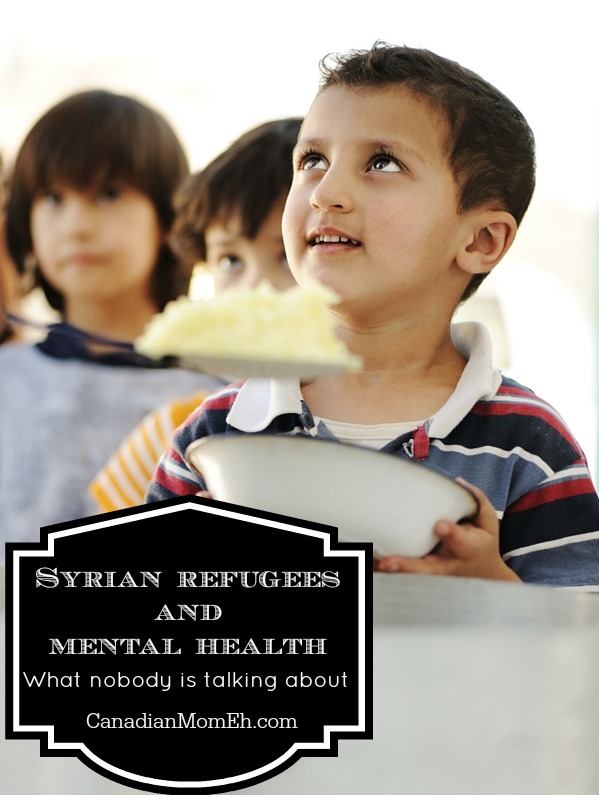
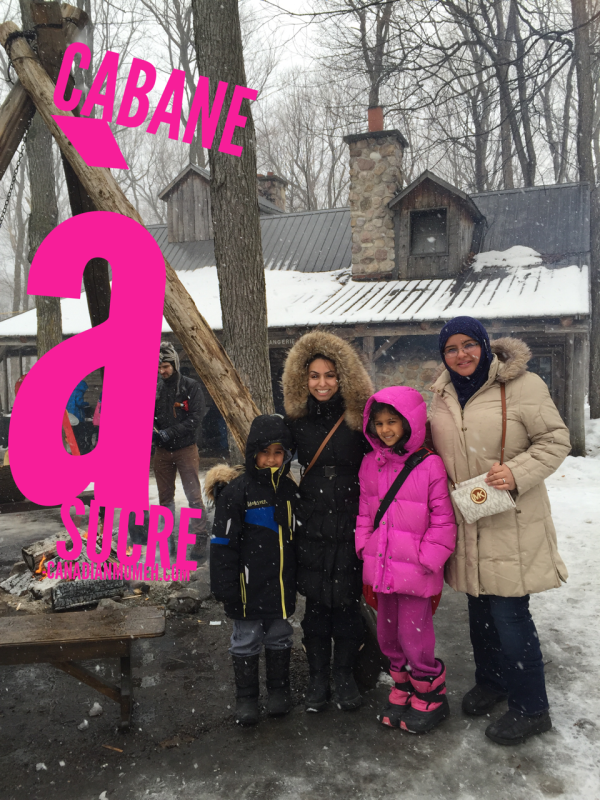
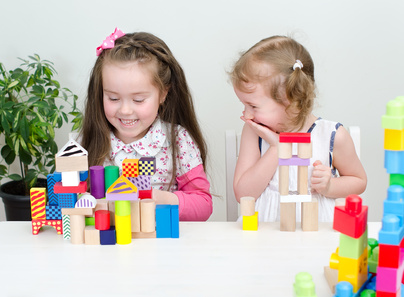
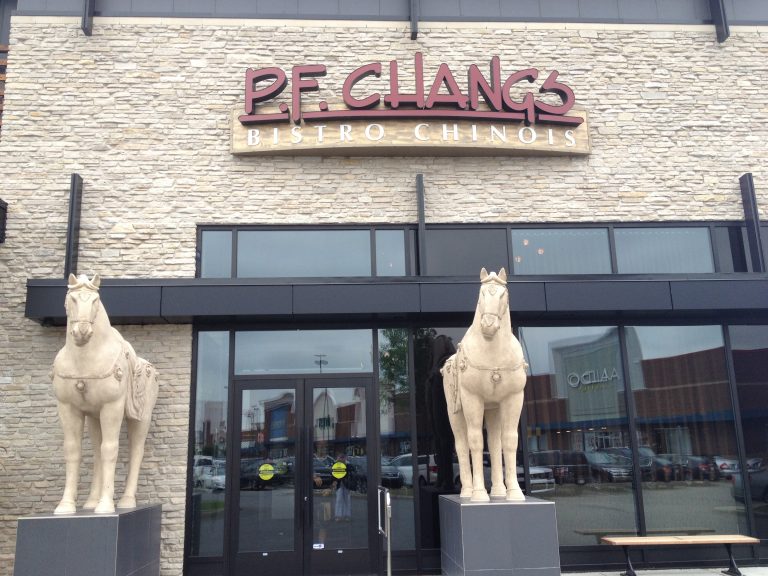

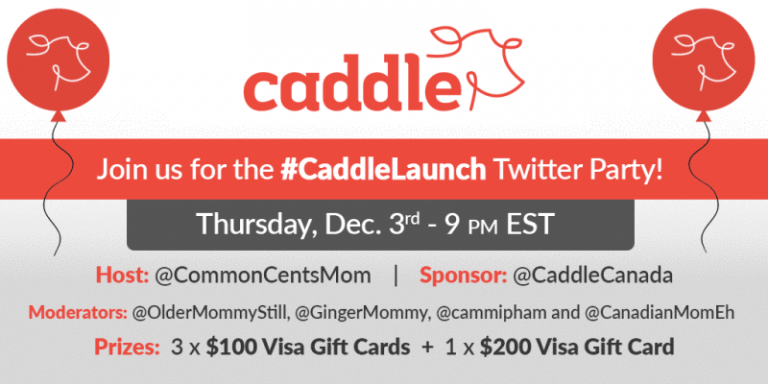

This is a great post Fariha! How many people yesterday (#BellLetsTalk) thought of the mental health struggles that the Syrians are going through? I know that I felt a lot of anxiety when I was is Montreal because of the language barriers and the fact that it was a new place to me. I can only imagine how they feel!
Kids will get along with anyone. It when they hear others questioning it and making racist remarks. Kids just don’t see barriers!
Excellent point Jason. Mental health is an issue that is so rampant in our society; particularly to those most vulnerable. The language barrier alone presents many challenges, on top of that they still have to deal with the trauma of what they have witnessed/left behind.
This was a great read. It only stands to reason that there would be emotional and mental consequences to being caught up in all that horror.
With the horror that refugees go through to just get away from something that is terrible I can’t even start to imagine. I think it will take a long time if ever to get past it.
I cannot imagine how terrible they must feel inside. What a conflict to have to move from your roots and re-root to such newness and culture shock. god bless them!
I can only imagine the mental health struggles refugees must be going through! I, myself, have a hard enough time with change!
This is a very passionate post and compels me to look into how I can help continue the discussion. It’s great that you are using your patriotism to help inspire other Canadians to welcome these refugees and consider their mental health as a form of support.
Thank you Jenna.
Having to leave the home you know is traumatic enough when it is voluntary. I can only imagine the different feelings running through those forced to leave and start again in a foreign land.
I can’t imagine all that they are going through and in all honesty, had no idea it was happening. How heart-wrenching to pick up and leave everything you know…
I can’t even imagine how it must feel to have the towns and neighborhoods you’ve lived in your whole life becoming a battleground. Providing easily accessible mental health resources is so important.
What great information! Definitely a scary situation and said what is endured.
My heart just goes out to those people and everything they are enduring. Mental well being is such an important subject that is rarely being mentioned. I’m sure the children especially have fears that need to be addressed.
I can’t even imagine what those families are going through!! How great that your kids were able to play with them even with language barriers.
What a great post! It is so important for more people to get the word out that all of these families need help!
Great information. I’m sure it’s a very scary situation for everyone involved. It’s impossible to not feel bad for the kids.
Enjoyed very much reading this information. So very sad to hear and see what so many of these people have gone through.
It must be so difficult for the Syrian refugees. You must be so proud of your Daughters class. We all need to do our part to help. I will have to look into how i can help.
This is great information. I am sure they are terrified that this is happening to them.
Fariha, thank you for speaking out on something so important. At the end of the day, these are people and they have been through so much trauma in their lives. We need to come together and help those that are suffering to get the resources that they need.
I can only imagine how stressful it must be to be in a new country, not know the language or any of the people. I think this is a serious issue people need to know about.